




Welcome To
Garden View Care Center
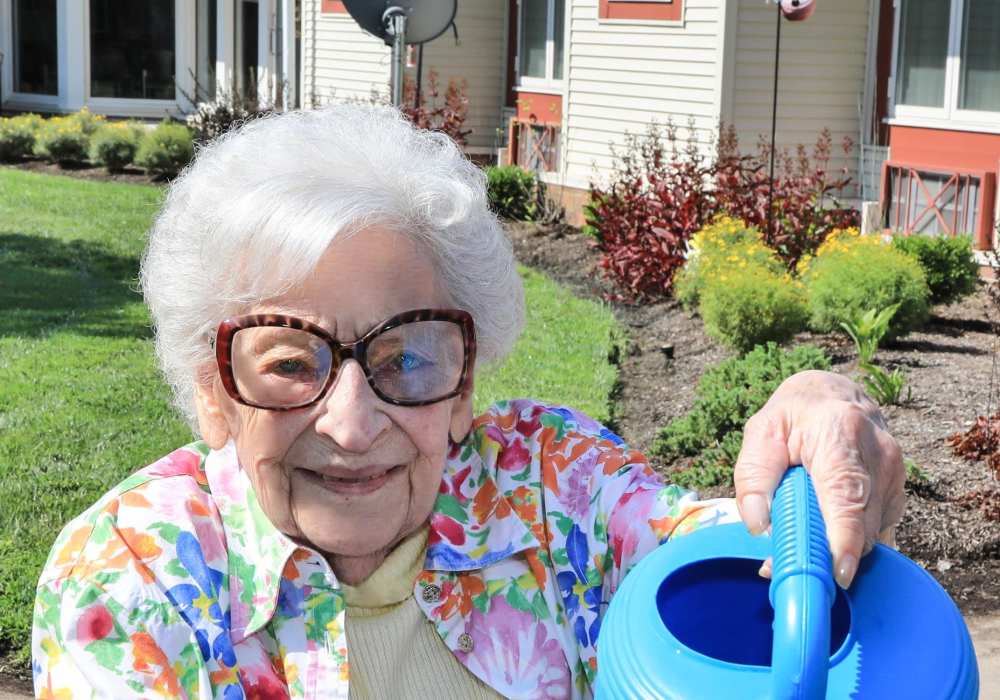
Locally Owned and Managed
Serving the St. Louis Area for Over 35 Years
Being locally-owned and managed, our senior leadership team remains in daily contact with the owners, allowing for effective communication that leads to quick decision making and problem solving. We take pride in fostering a team spirit that creates great synergy amongst our three locations and owners.
The Experts in
Skilled Nursing and Dementia Care
With three locations, we have been serving residents in the St. Louis region for over 35 years. We offer a variety of services that are tailored to the needs of each individual. Whether your loved one requires assisted living, skilled care, memory care, rehabilitation services, or hospice care, our caring, professional staff ensures they have everything they need to call Garden View home.
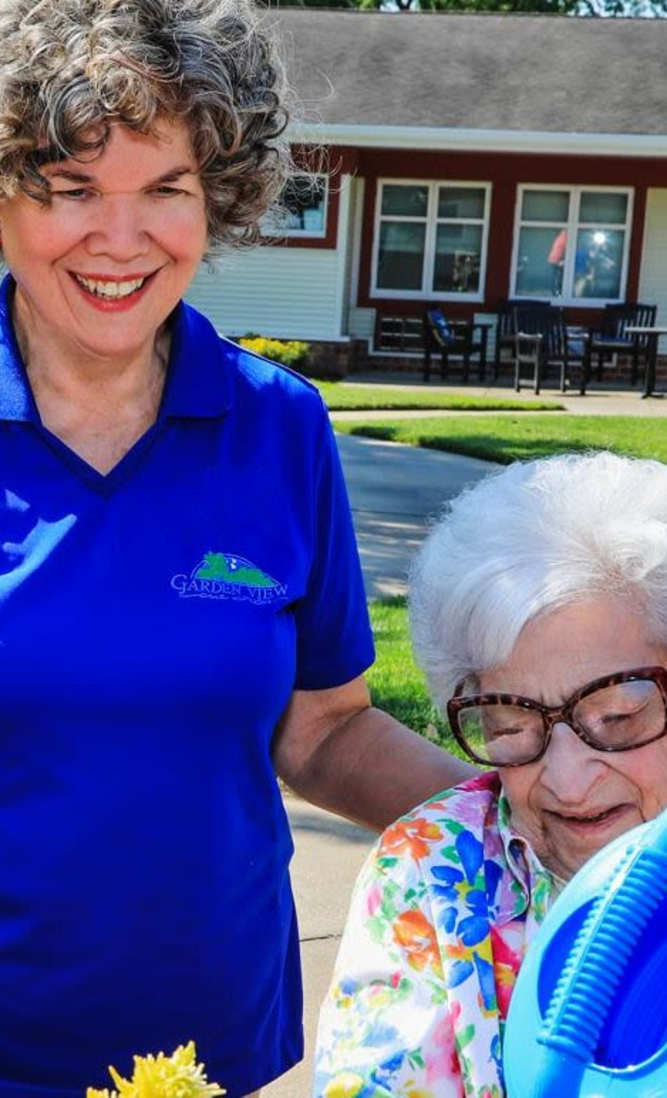
Skilled Nursing
Whether you’re recovering from a life event or surgery, our skilled nursing care services provide a comprehensive care solution.

Assisted Living Plus©
Age in place comfortably, with a supportive hand when needed and the privacy and independence you desire when it’s not.
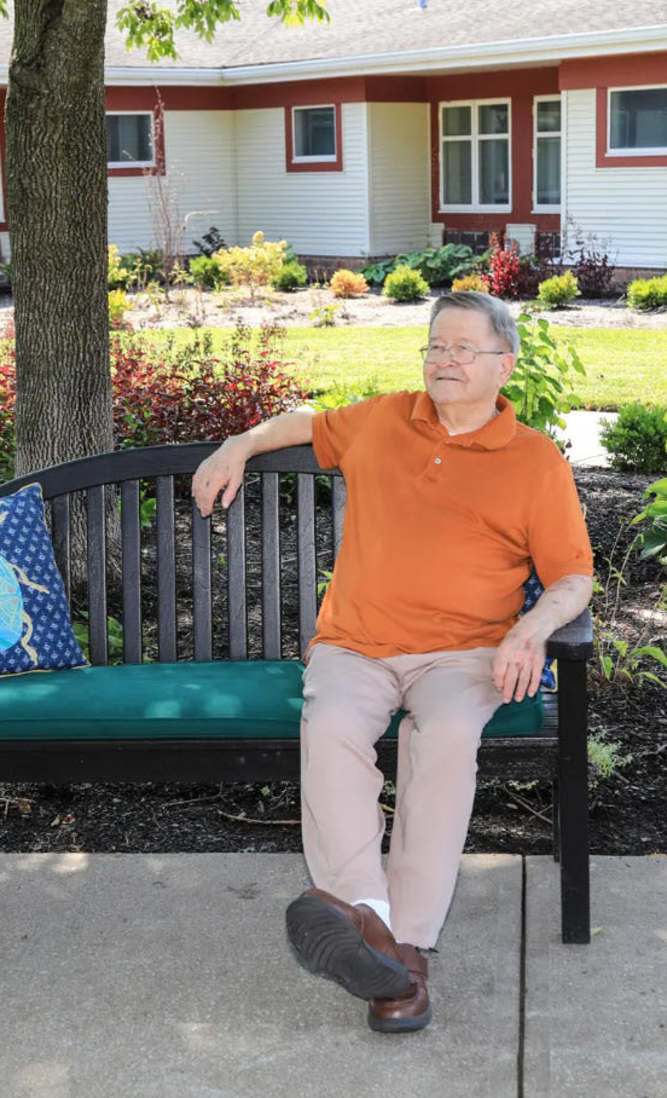
Memory Care
Our caregivers create a personalized plan for your loved one in need of memory care, including residents with Alzheimer’s or dementia.
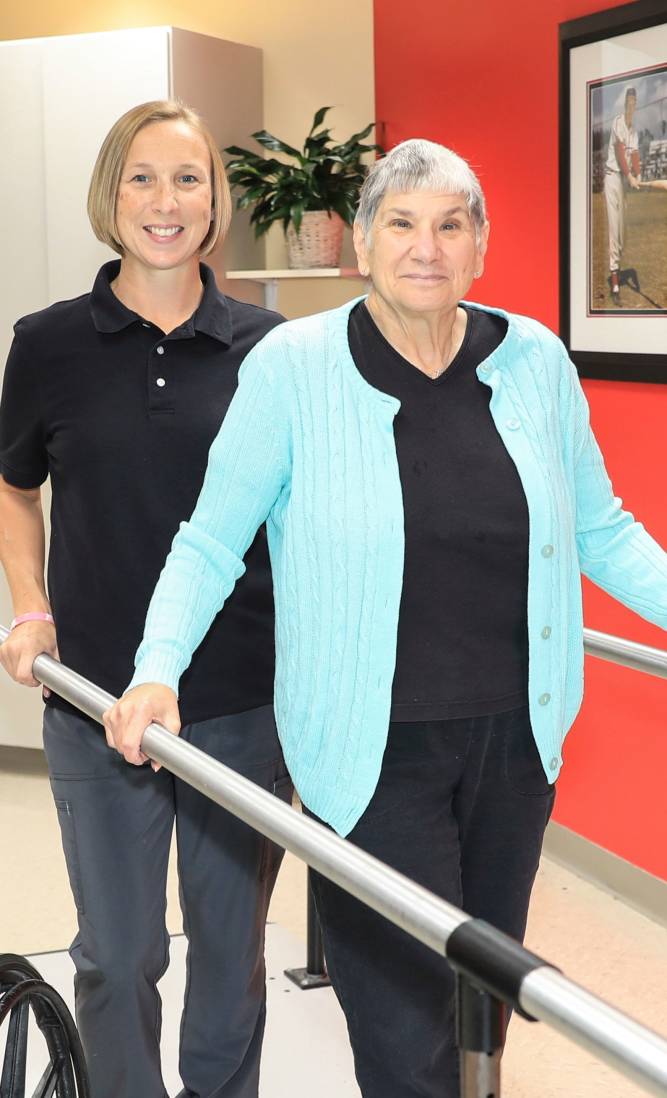
Respite Care
If you need a hand with your loved one’s care, Garden View Care Center provides respite care services.
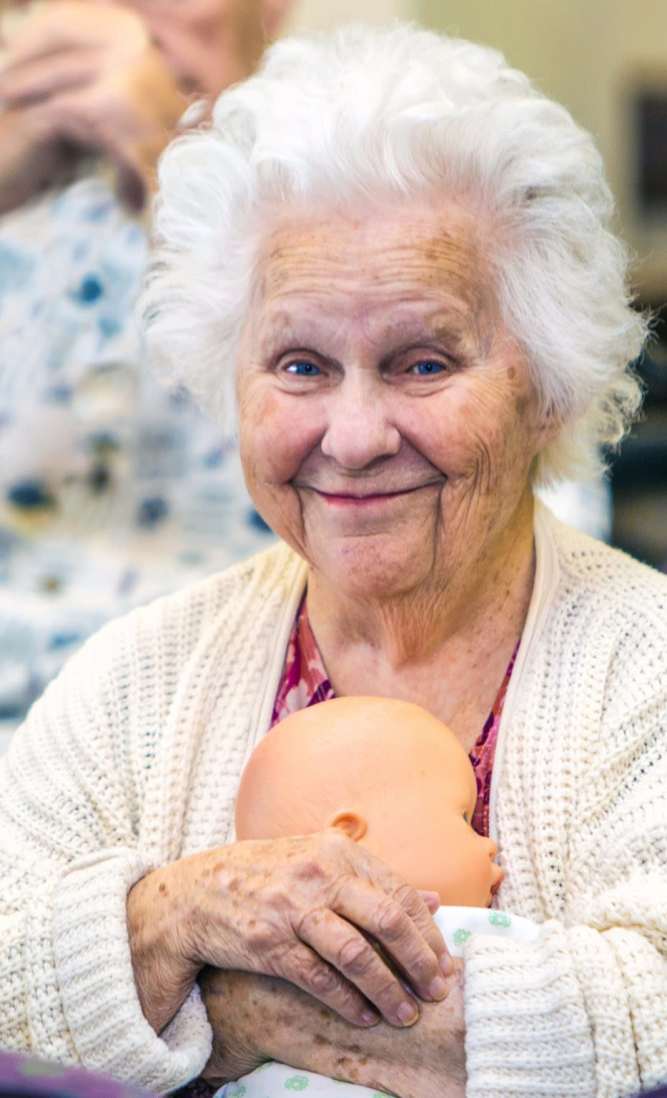
Hospice Care
Our compassionate, professional caregivers coordinate with the resident's medical team and family and supply all the equipment and support services.
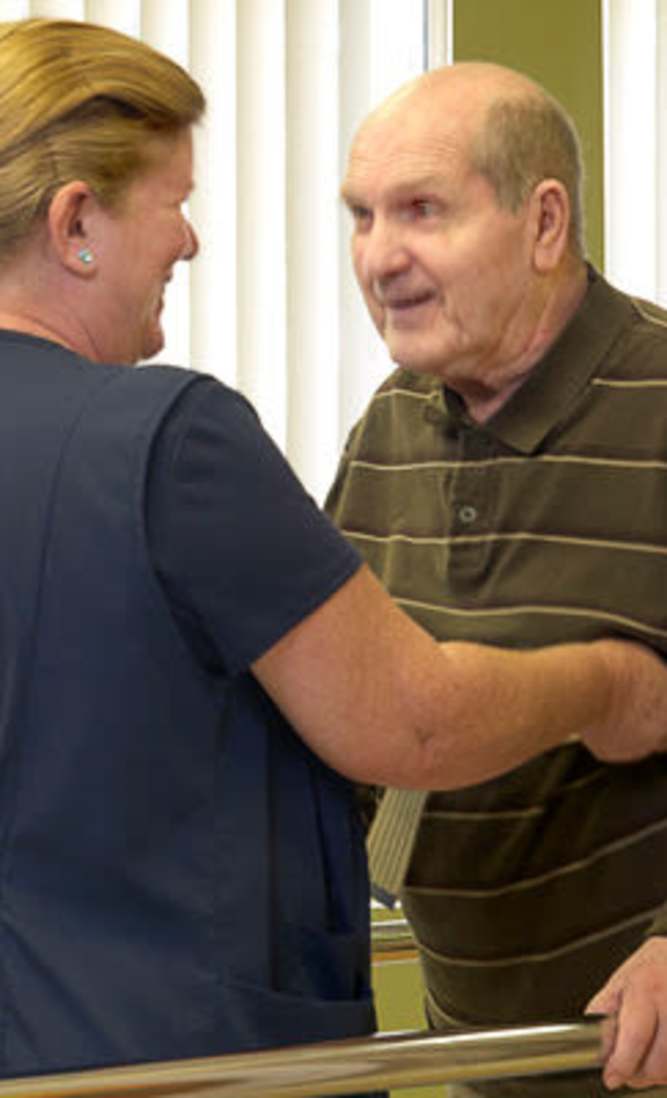
Rehabilitation
Our professional Rehabilitation therapists collaborate to create an individualized plan for you or your loved one.
Visit Our Locations

